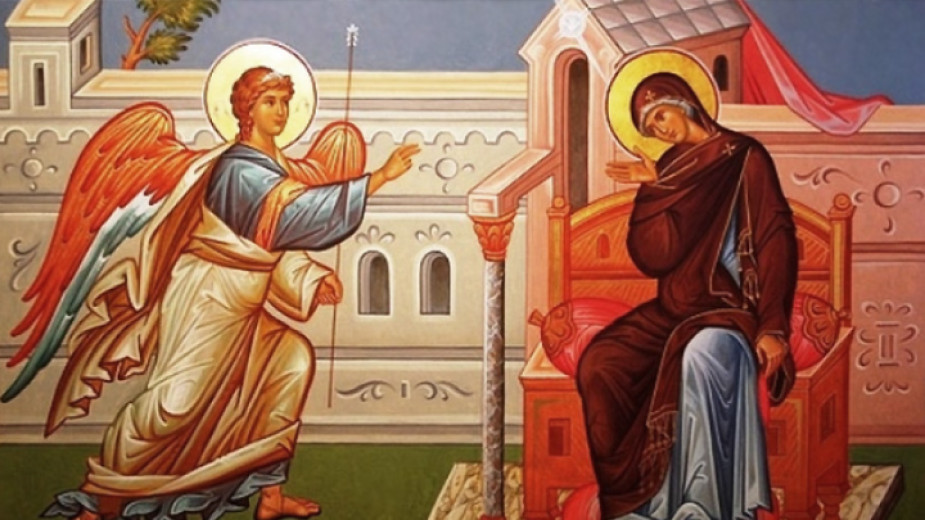
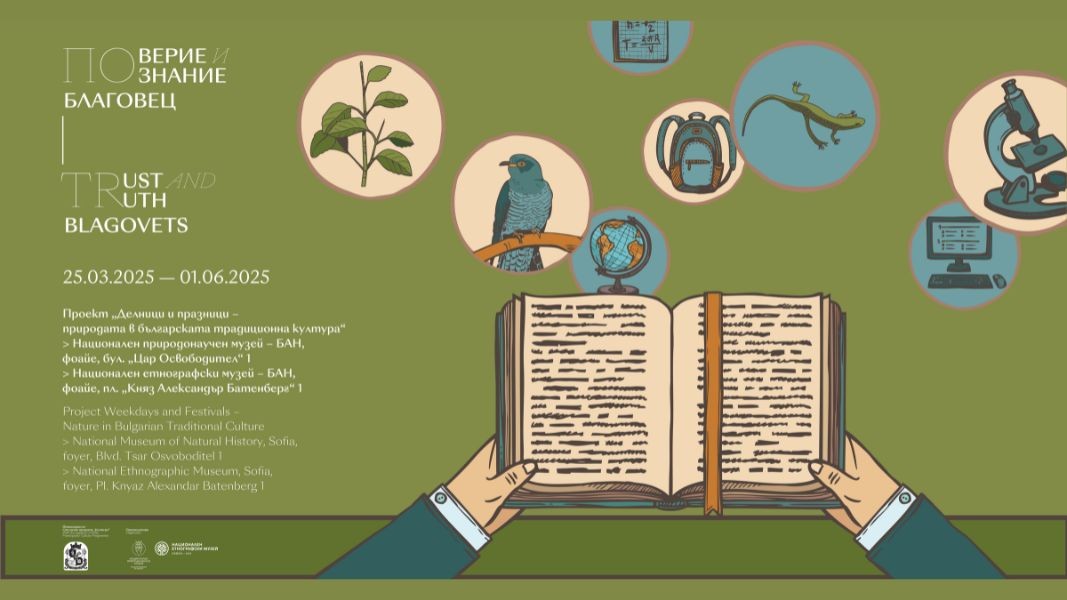

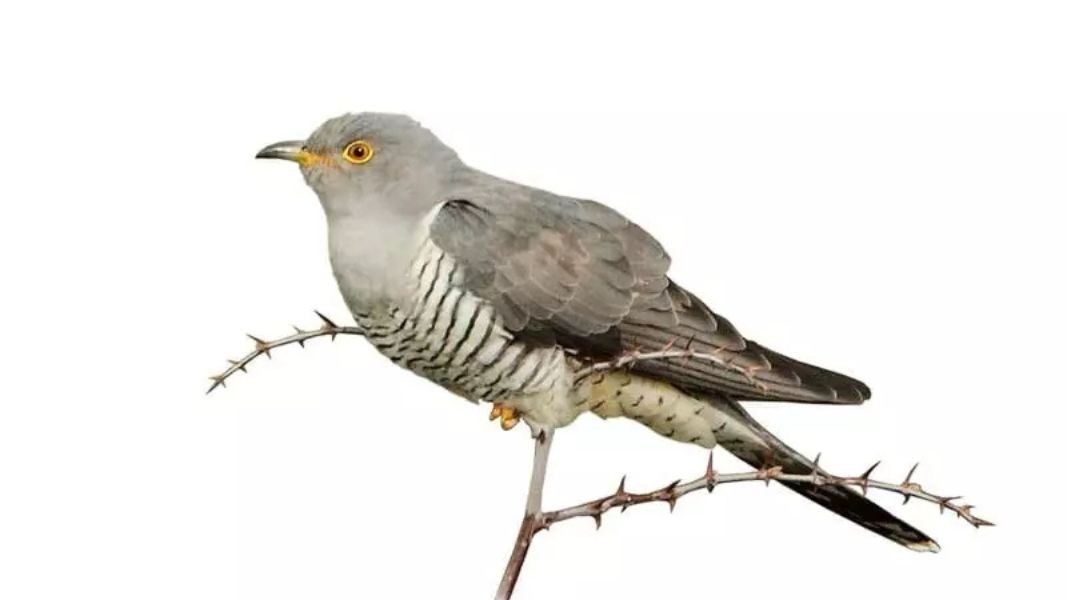
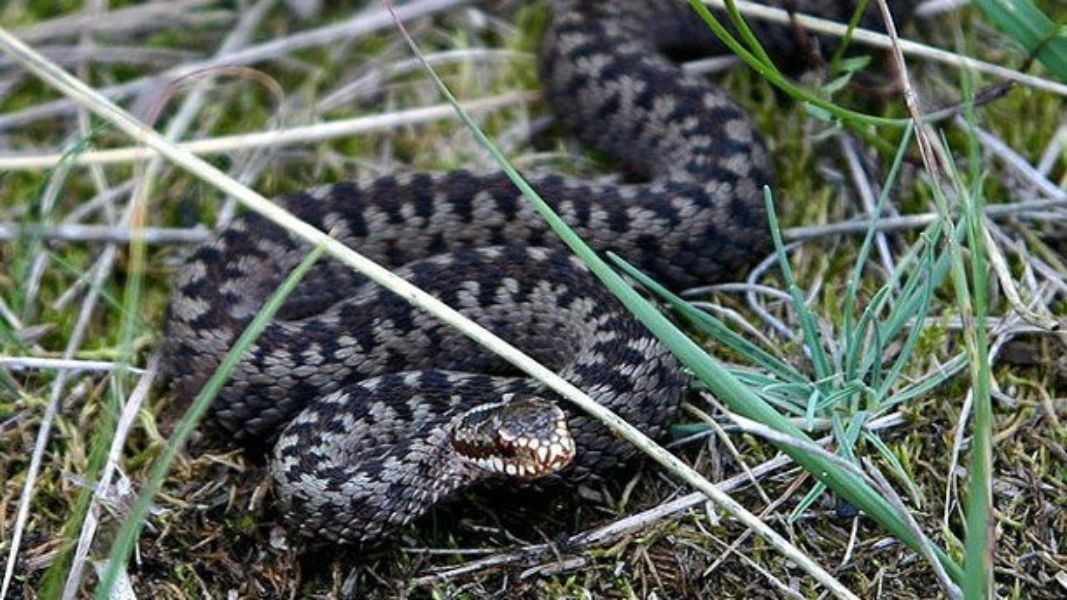
"Visitors will learn more about the cuckoo, they will see its eggs, and it is surprising how small they are for such a large bird. They will also see snakes - vipers and adders. These are the only and common snakes in Bulgaria that can pose a risk to people. There are no deadly poisonous snakes in Bulgaria. Serious cases of bites are complicated because people do not know what to do after a bite, and not because of the reptile's poison.
We are also trying to show the knowledge of our ancestors, who believed that snakes, such as the Aesculapian snake, were useful and were even considered the protector of the home. Therefore, they were allowed to live peacefully in different corners, even under the threshold of the house, but they were never killed. This belief is also evident in folk tales, where the snake is a hero who helps people, and the lizard is a king who helps in finding the buried treasure. In our exhibition, we also present other animals that are now starting to wake up due to the warming of the weather."
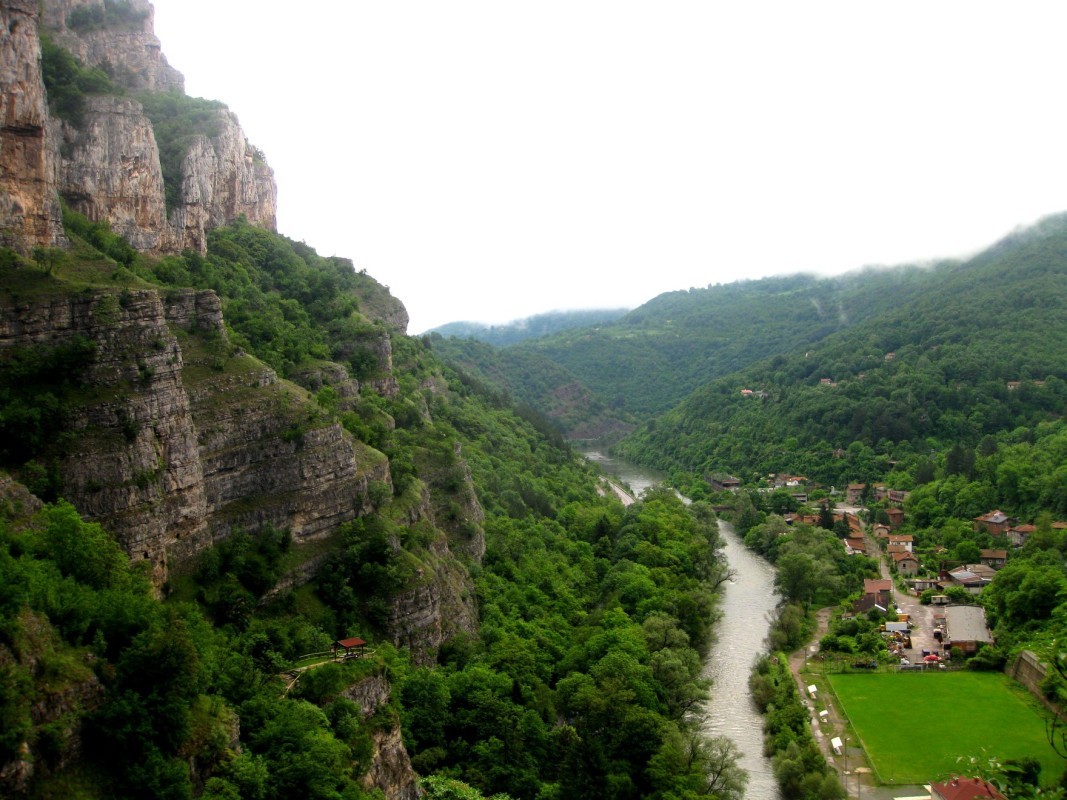 Spring is extremely beneficial for observing amphibians and reptiles, as they need to stay outdoors when waking up from hibernation to absorb enough sunlight and warmth, says Assoc. Prof. Nikolay Simov also advises people to leave the cities and walk in the mountains, fields, and dirt roads:
Spring is extremely beneficial for observing amphibians and reptiles, as they need to stay outdoors when waking up from hibernation to absorb enough sunlight and warmth, says Assoc. Prof. Nikolay Simov also advises people to leave the cities and walk in the mountains, fields, and dirt roads:
"The Iskar Gorge is a wonderful place for walks, the southern parts of Vitosha, even some parts of Southern Bulgaria - people just need to go outdoors and then they will see the awakened insects, the pollinators, who are looking for the first flowers, some types of butterflies also appear early in the spring and then disappear. Not to mention the lizards that wake up and look for food, the mating dances begin... so nice days with prolonged warm weather have always been a dream."
Read also:
Photos: archive, nembg.com, Ethnographic Museum, bspb.org (Mladen Vasilev), Miglena Ivanova
English publication: Rositsa Petkova
It's Ignazhden! On St Ignatius' Day, 20 December, we honour the memory of St Ignatius the Theophorus. In the Bulgarian calendar St Ignatius' Day (Ignazhden) is not only a religious but also a folklore holiday. According to national tradition, it is..
Eight authentic Bulgarian traditions and skills, passed down through generations, have been added to the National Representative List of Bulgarian Intangible Cultural Heritage of Humanity, becoming part of Bulgaria's Living Human Treasures. "This..
Halva, this sweet temptation with an oriental twist, is a welcome delicacy on the Bulgarian table, especially on holidays. Judging by the descriptions of Western travellers, halva was a common dessert in Bulgarian lands as early as the 16th century. The..

+359 2 9336 661
